Since its creation in 1778, Safilin has always concentrated its efforts on the production of superior quality linen yarn. This same yarn was also intended for and used in the A. SALMON family’s own weaving mill in 1871.
The company’s passion for linen and its know-how are the strengths that have enabled Safilin to successfully weather the various challenges faced by the textile industry over the last two decades. Safilin’s vocation to produce high-quality linen yarn has never changed since it was founded.
Today, Safilin still produces its linen yarn according to the teachings of the traditional spinning mills and the know-how transmitted by our elders. Nowadays, Safilin continues to innovate in order to offer 100% linen yarn for new markets and a wide number of applications.
Uses of linen yarn
Our yarn is used for a wide range of products, from furniture to clothing, as well as for technical and composite applications. The SAFILIN range of linen yarns is suitable for weaving on Jacquard, rapier and air-jet looms, as well as for circular and flat knitting.
Spun only from European fibres, our products are perfectly adapted for textile upholstery and coverings, home linen, bath linen, clothing and ready-to-wear, fashion accessories and finest quality yarns for the luxury goods industry.
Two technologies for spinning Safilin flax
Safilin produces yarn using two very distinct spinning techniques, called semi-wet spinning and wet spinning:
-Dry and semi-wet spinning are used to produce high counts textured yarns with a rustic look, in keeping with the historical tradition of 200 years ago. Yarns from dry spinning are often used for weaving, in the furniture industry for textile coverings (chairs, armchairs, sofas), decoration (curtains, carpets, canvas for printing, etc.) and leather goods and accessories.
- For dry spinning, our yarns can be produced on the basis of scutching tow or combing tow, with counts ranging from Nm 1.8 to Nm 3.5.
- For textile coverings and heavy fabrics, Safilin offers yarns made from hackled tow from Nm 2.6 to Nm 6. For use in decoration or leather goods and accessories, we also offer yarns made from long fibers up to Nm 12.
-Wet spinning makes it possible to produce finer, more regular yarns, often used for weaving and knitting clothing and fashion products, ready-to-wear garments and other home linen items. Of course, these yarns are also suitable for the manufacture of textile coverings, decorative items or leather goods and accessories.
Wet spinning makes it possible to produce finer, more regular yarns, often used for weaving and knitting clothing and fashion products, ready-to-wear garments and other home linen items. Of course, these yarns are also suitable for the manufacture of textile coverings, decorative items or leather goods and accessories.
- For wet spinning, we offer counts ranging from Nm6 to Nm50, in bleached or natural. These are made up of long fibres only, ensuring greater resistance and optimum quality.
- For circular and flat knitting, Safilin has developed a range of specific yarns with a “stitch” finishing that enables Jerseys, Piqués and other weaves to be knitted in 100% linen.
- The most common counts used by our weaving partners are Nm20 – Nm24 – Nm26.
Roving production for the composite industry
-To meet the growing demands from the composites industry, Safilin has been able to innovate and now produces 100% Linen rovings. Called Low-Twist rovings, they enable glass fibre and carbon fibre materials to be substituted by a natural, biosourced, and traceable alternative – perfectly in line with the expectations of industrial players with regard to environmental issues. These yarns have been specially developed for the automotive, aeronautical, sports and leisure industries.
- Besides being stronger and lighter than other materials, flax has the advantage of absorbing vibrations and providing excellent acoustic insulation.
- Safilin’s rovings are used to manufacture composite reinforcements for a wide range of applications.
More and more, manufacturers, designers and engineers are focusing on eco-responsible and local raw materials, of which linen is definitely one.
Within the textile industry, the question of the origin and traceability of raw materials is at the heart of all matters, whether economic, political or ethical.
In response to this demand from the various players and manufacturers in the market, all Safilin yarns are now fully traceable, from fibre and field to thread.
The Safilin sales team will be delighted to provide you with information and help you choose the most suitable yarn(s) for your project!
